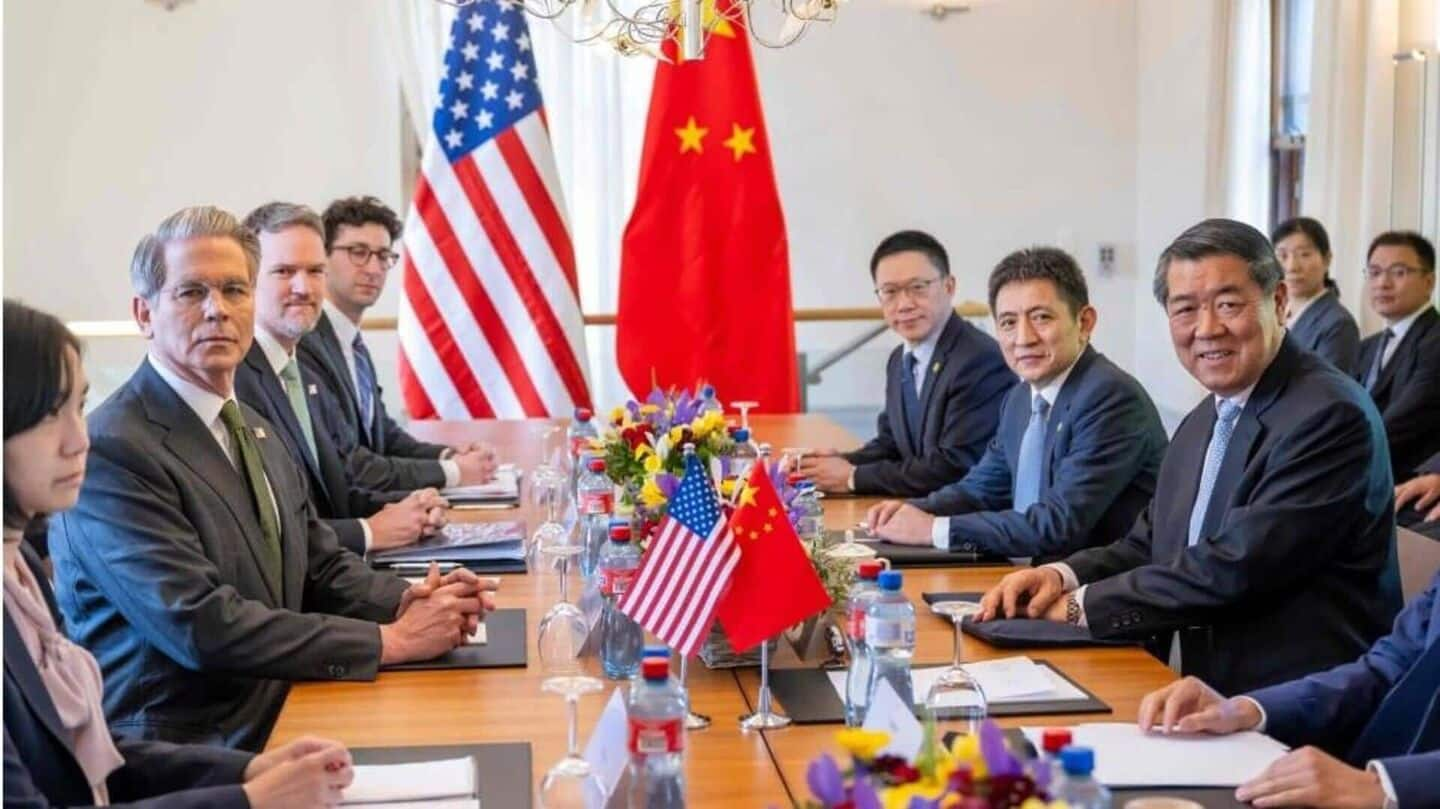
TikTok deadline looms as US-China trade negotiations enter second day
What's the story
The second day of US-China trade talks will take place in Spain today, with the Chinese owner of TikTok facing a looming divestiture deadline. The negotiations are being led by US Treasury Secretary Scott Bessent and Chinese Vice Premier He Lifeng. This is the latest effort to resolve the ongoing trade war between the two largest economies in the world.
App uncertainty
TikTok's future uncertain as divestment deadline nears
The fate of TikTok, a hugely popular video-sharing app with 170 million users in the US, hangs in the balance as its Chinese owner ByteDance faces a deadline to divest its US operations by September 17. If it fails to do so, a US shutdown could be imminent. Despite these pressures, President Donald Trump has previously indicated that he may keep extending this deadline until a buyer is found.
Truce extension
US-China tariff truce extended until November
The US and China have extended their tariff truce until November, reducing some of the previously threatened tariffs on each other's goods. The White House said this extension gives more time for negotiations over "unfair trade practices" and national security concerns. These talks occur amid broader US efforts to pressure China and India to cut Russian oil imports through tariffs, while China seeks eased export controls.
Summit impact
Potential Trump-Xi meeting on the horizon
The current talks are also expected to pave the way for a possible meeting between Trump and Chinese President Xi Jinping in October, during an upcoming summit in South Korea. This potential meeting could greatly influence future trade negotiations. However, experts believe that without such a high-level meeting, significant breakthroughs in these talks are unlikely.
Tariff pressure
Tariffs on Russian oil imports under scrutiny
Along with the TikTok deadline, the talks also focus on US demands for tariffs on countries importing Russian oil. Bessent has urged Group of Seven (G7) allies to impose "meaningful tariffs" on imports from countries buying Russian oil, in a bid to curb their purchases of Russian oil. This move is part of efforts to bring Moscow into peace negotiations over Ukraine by cutting its oil revenues.